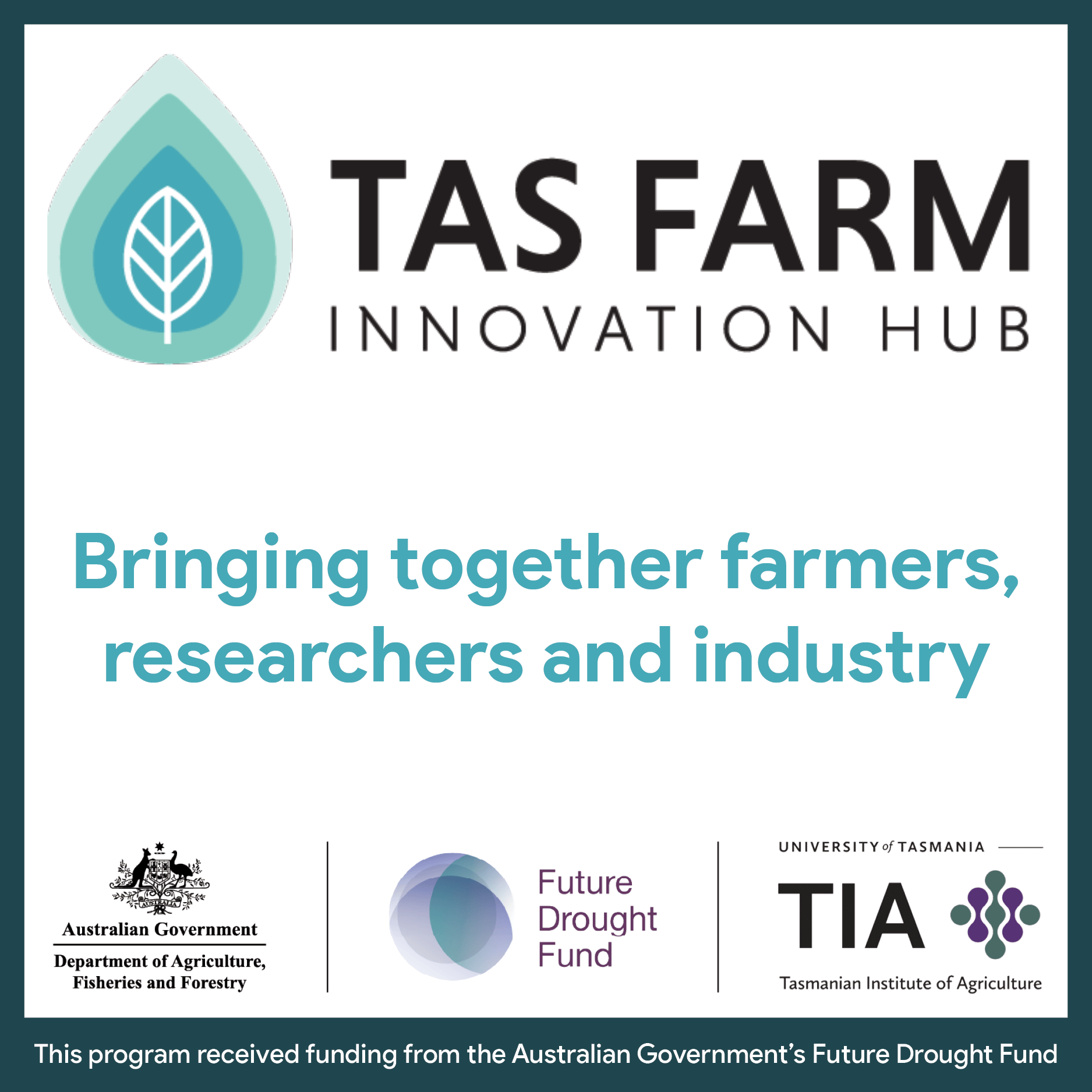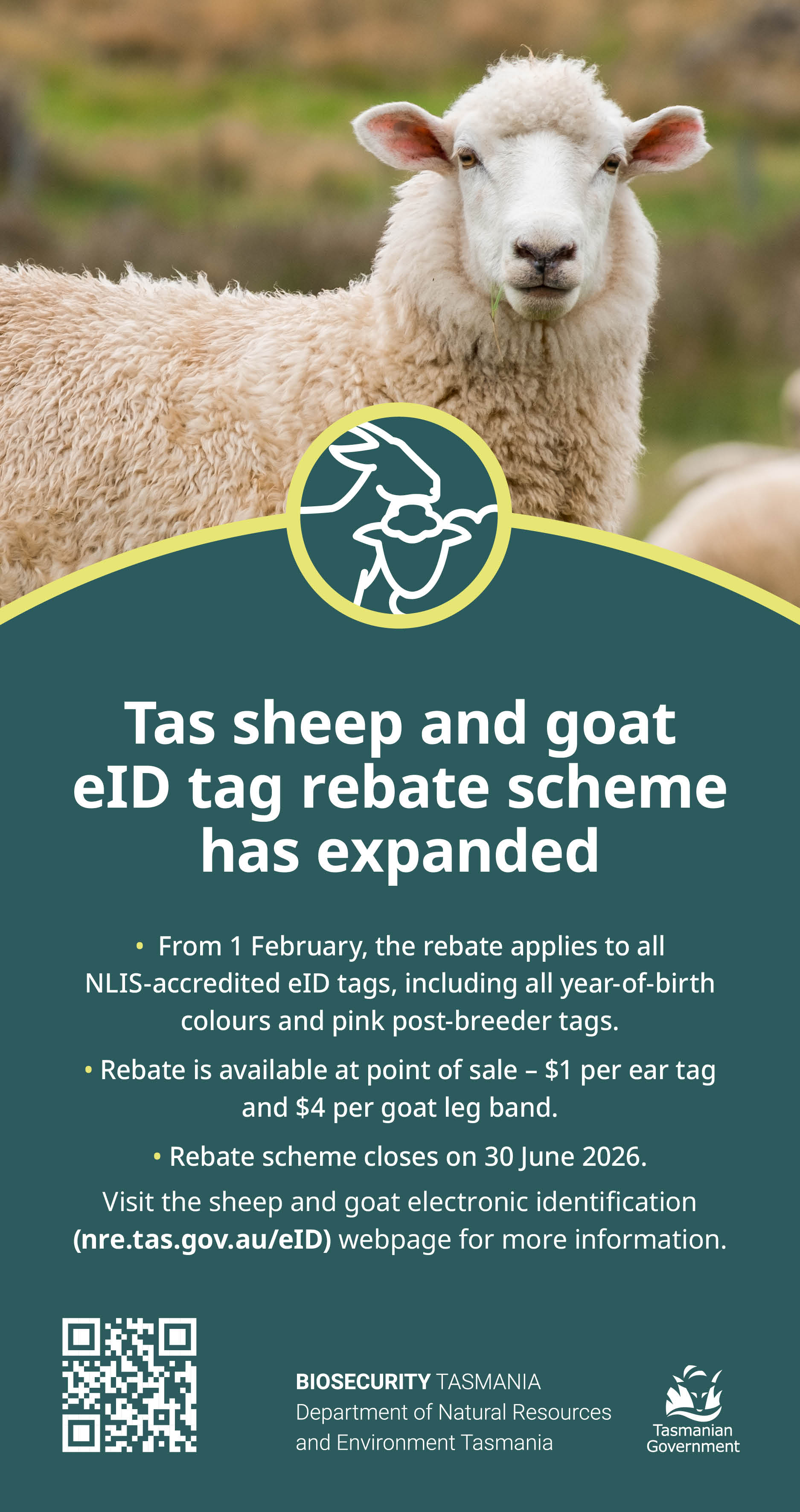Farm access charter welcomed amid concerns over current system
With a farm at Cressy that backs onto Poatina, Oliver Scott-Young said there have been mornings when he has driven out the gate and seen a bunch of vehicles belonging to a business parked on his property.
His comments come as the state government releases an updated version of the Charter for Working on Private Farmland.
Developed in conjunction with TasFarmers and Government Business Enterprises (GBE), Primary Industries Minister Jane Howlett said the charter outlines what’s expected on-farm so everyone understands their rights and responsibilities, especially regarding biosecurity, safety and respecting the property rights of farmers and farming practices.
“Many farms are a business, workplace and home all in one,” Ms Howlett said.
“Farmers have the right to expect they will not be adversely impacted when businesses need access to private farmland to carry out work such as routine maintenance or reading meters.
“In some instances, these visits can pose a biosecurity risk because staff move from farm to farm and region to region, and this can unintentionally spread pests or diseases on vehicles and equipment.
“It is important that these risks are managed appropriately.”
The charter has been in place since 2019, and the current version is expected to remain unchanged until 2030.
TasWater Head of Operational Support Services Nicholas McCulloch welcomed the updated charter.
"As a key service provider across Tasmania, TasWater often needs to access private properties for essential operations like infrastructure maintenance, water sampling, and meter readings," Mr McCulloch said.
"We fully support the principles outlined in the Charter, particularly those around biosecurity, safety, and early consultation with landowners.
“Our teams are trained to minimise disruption and respect the working and living environments of our farming communities."
Mr Scott-Young said he has had multiple GBEs do work on his property.
“Generally, it’s not too bad,” he said.
“It’s just when you don’t know who is coming or going that’s when it becomes frustrating.
“I suppose they do have the right to come onto your land and do things, but when you are kept out of the loop, it can be a little bit frustrating.”
Regarding improving the business process of working on private farms, Mr Scott-Young said consultation and communication are key.
“It’s about them being clear what they want to do, and not just driving out the gate one morning and seeing a bunch of vehicles parked in your paddock.”




Add new comment